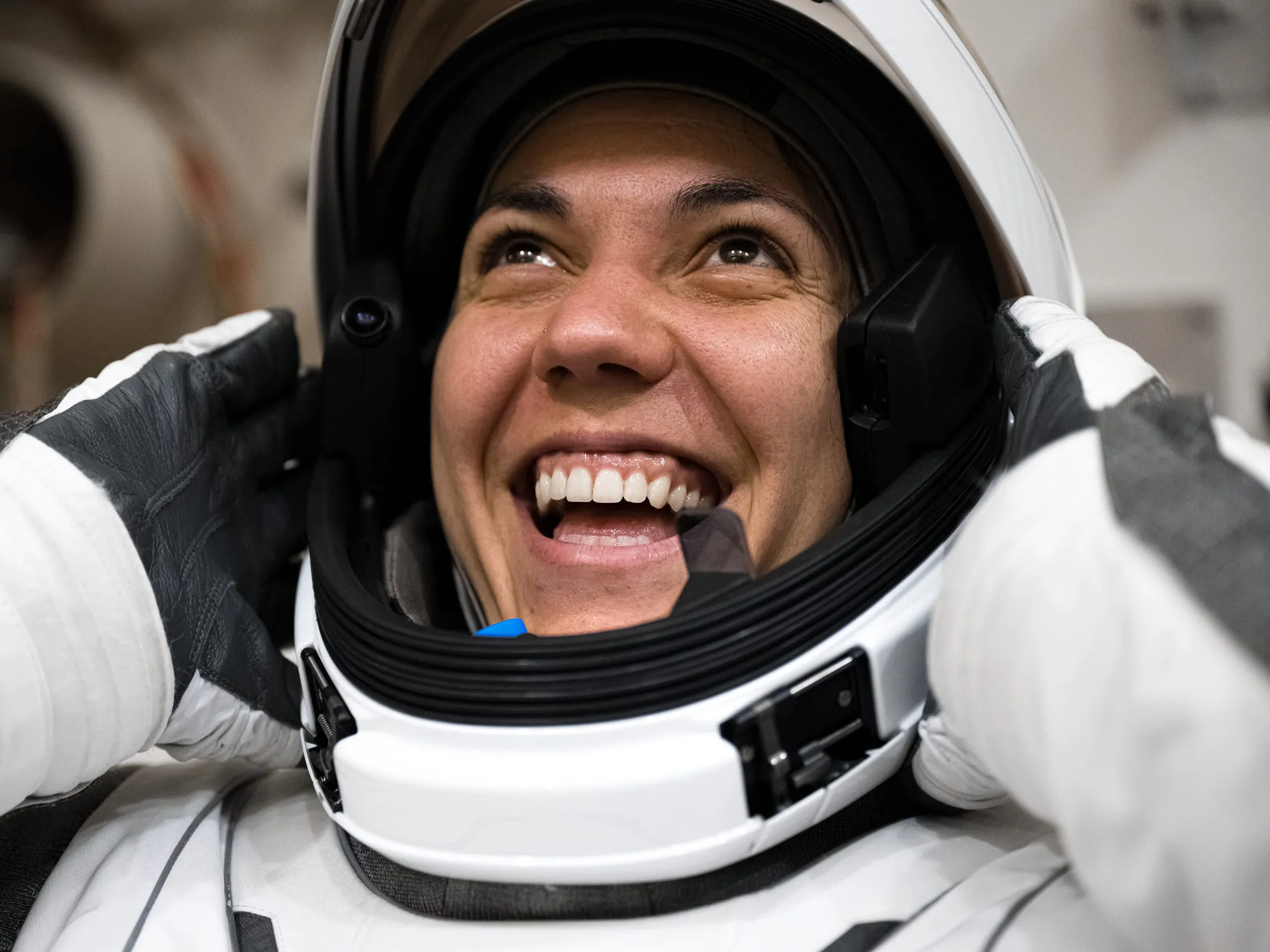Science Behind SpaceX's Ambitious Private Spaceflight Led by Elon Musk

Science and SpaceX's New Frontier
SpaceX has made headlines with its latest launch, a bold venture that highlights the intersection of science and space exploration. This pioneering mission, named Polaris Dawn, comprises a crew of four who are not seasoned astronauts, marking a significant milestone in private space endeavors.
The Crew and Their Mission
- Jared Isaacman, billionaire and commander of the mission
- Anna Menon and Sarah Gillis, both SpaceX engineers
- Scott Poteet, a former US Air Force pilot
The Falcon 9 rocket launched from Cape Canaveral, Florida, at 5:23 a.m. ET, ushering in a new chapter in civilian spaceflight.
Scientific Objectives and Future Goals
The Polaris Dawn mission is not merely a flight; it’s a testbed for future crewed missions to Mars. A vital component of this mission revolves around understanding how long-duration space travel affects the human body.
Exploring the Future of Human Spaceflight
As SpaceX, under Elon Musk’s vision, pushes towards establishing a human presence on Mars, the insights gained from this mission could prove invaluable for not just future expeditions but could also transform our understanding of human resilience in space.
This article was prepared using information from open sources in accordance with the principles of Ethical Policy. The editorial team is not responsible for absolute accuracy, as it relies on data from the sources referenced.